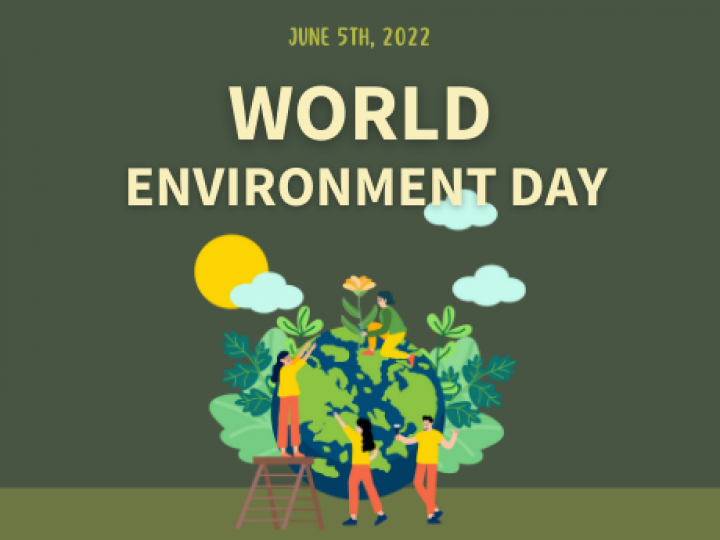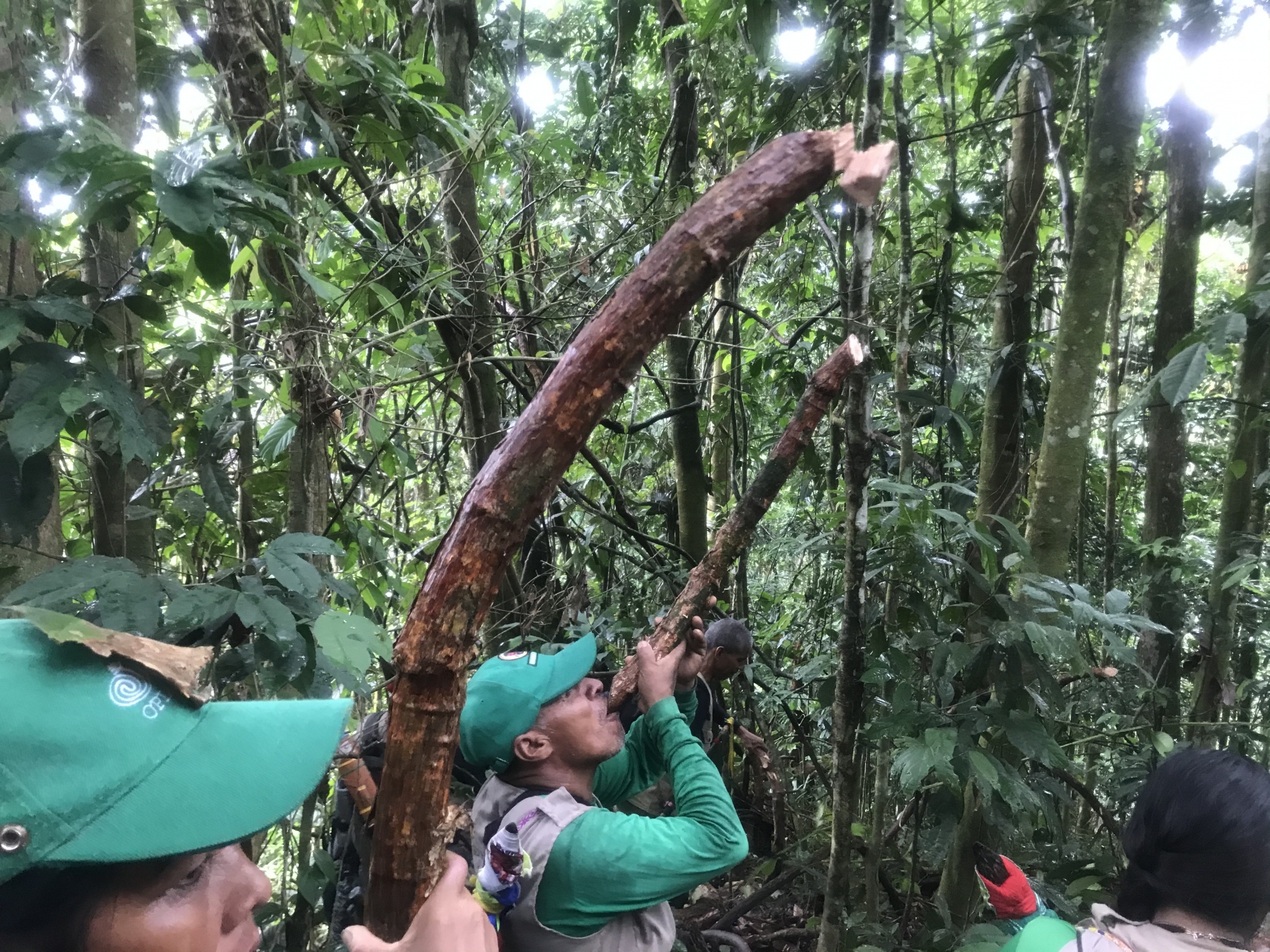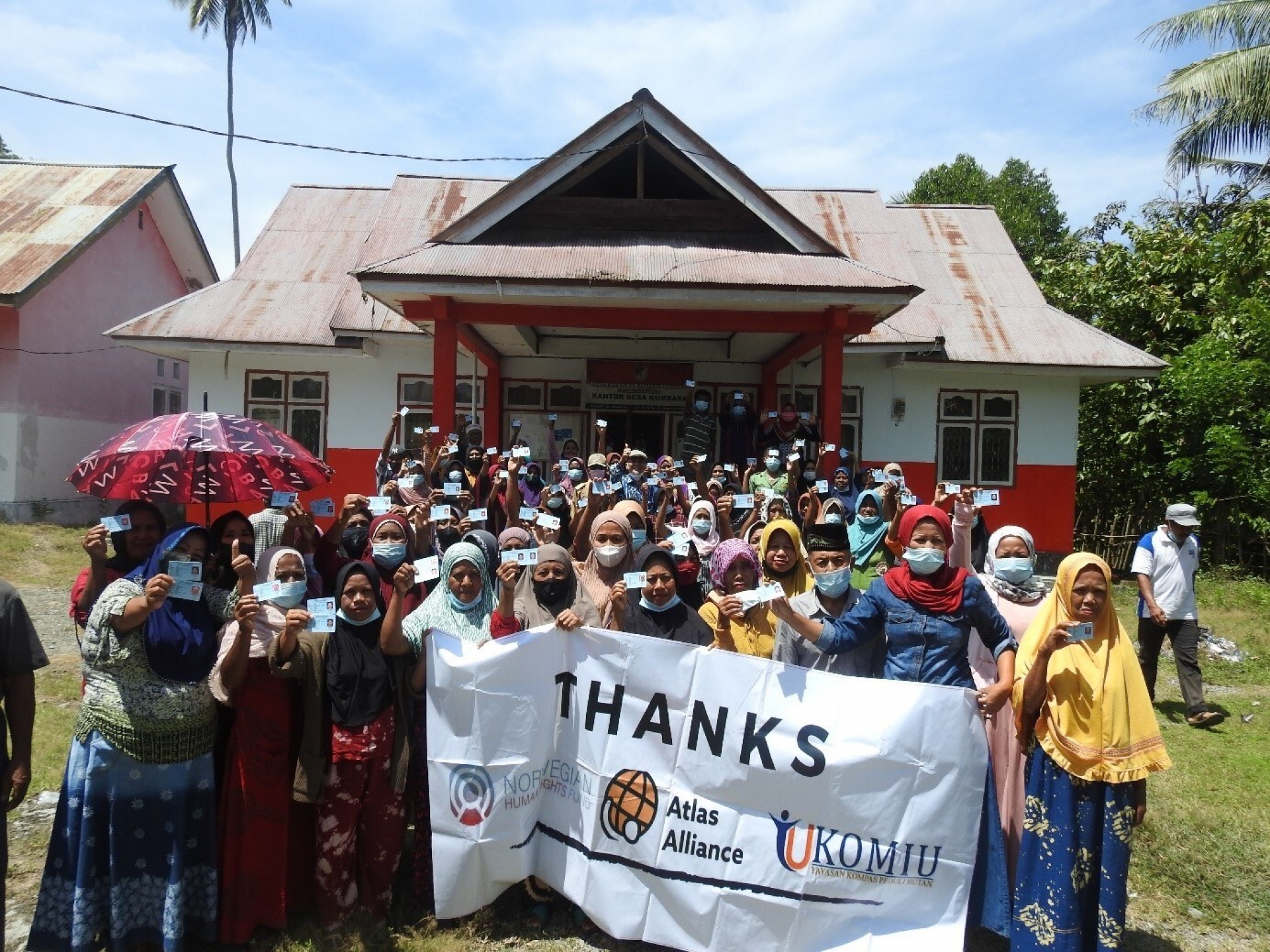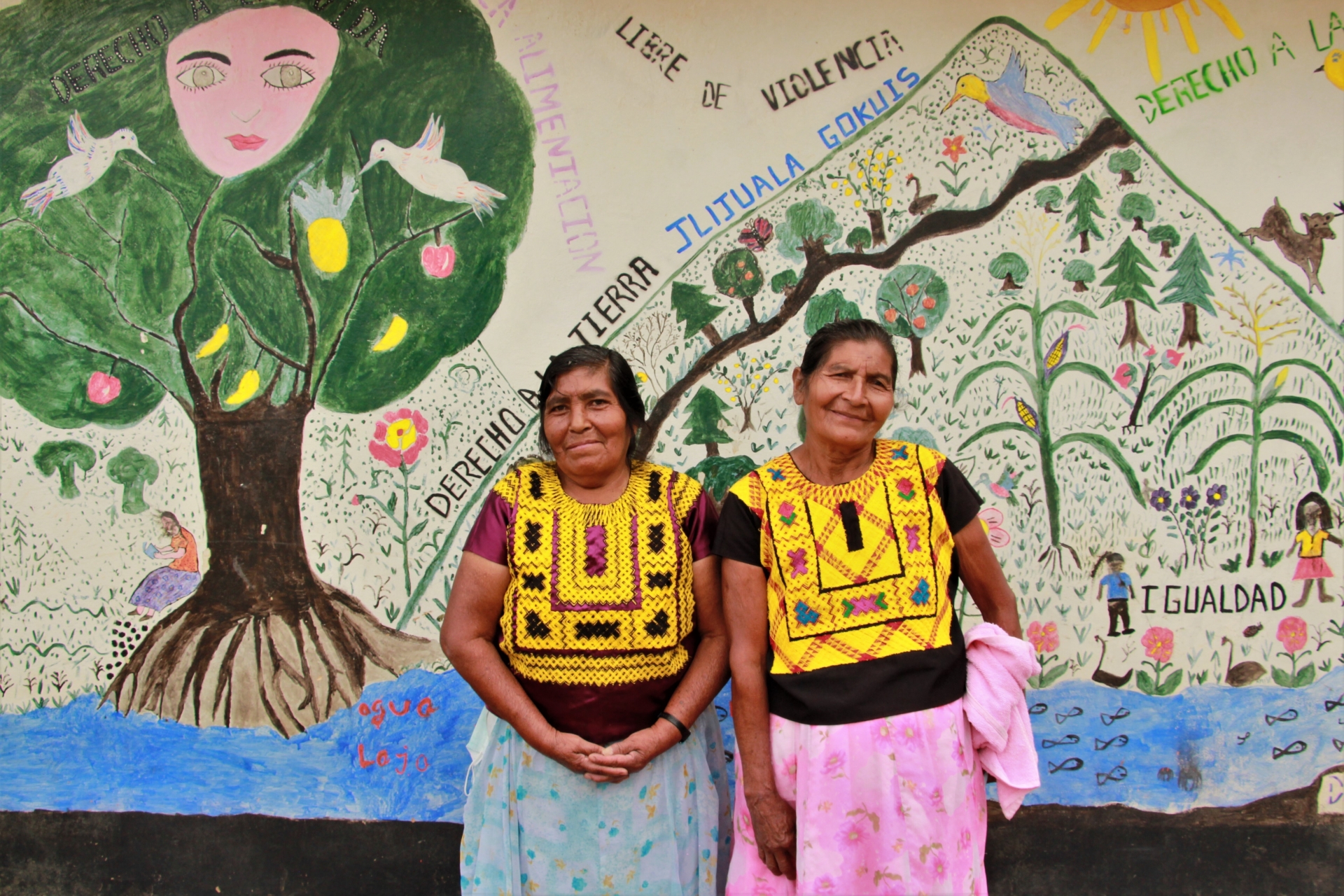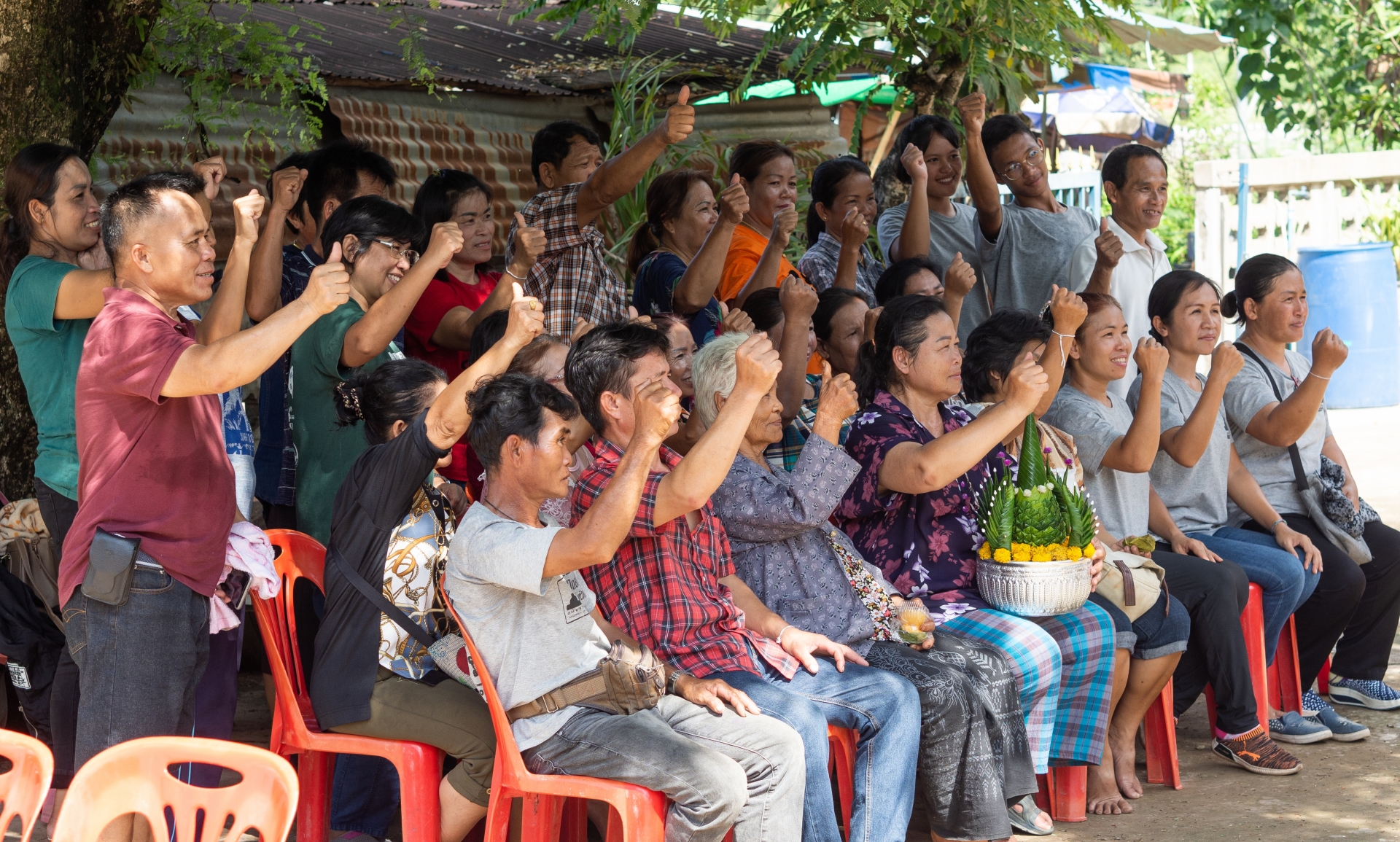In recent decades the Earth has experienced major environmental problems. According to the United Nations, the planet faces a triple emergency: the climate is warming too fast, around one million animals are threatened with extinction due to loss of habitat, and pollution continues to poison the air, land and water.
These facts represent a challenge for the human population. It is estimated that between 2030 and 2050 climate change will cause an additional 250,000 deaths.
Time is running out and nature is calling for strong action to address the environmental problems facing the earth. This is why activists around the world have been working for a more sustainable management of the environment through respect and recognition of ethnic, territorial and environmental rights.
The Norwegian Human Rights Fund (NHRF) supports over 40 social organisations that work every day for land and environmental rights. In 2021 social organisations from Colombia and Mexico defended forest ecosystems and indigenous land rights. In Indonesia activists fought against extractive industries and illegal land grabbing. Social movements in Thailand came together for the rights to defend rights amidst a troublesome political sphere.
This progress was achieved during one of the most dangerous years for environmental defenders. During 2021, Global Witness recorded 227 lethal attacks, an average of more than four people killed per week. The report also states that this number is an underestimate, as many attacks went unreported.
Against this backdrop, the NHRF and its colombian country office Fondo Noruego para los Derechos Humanos (FNDH) join forces on World Environment Day 2022 to call for the protection of people who risk their wellbeing, their safety and their lives for the defense of the earth and the planet. In addition, on this date we especially commemorate those who lost their lives in this process.

